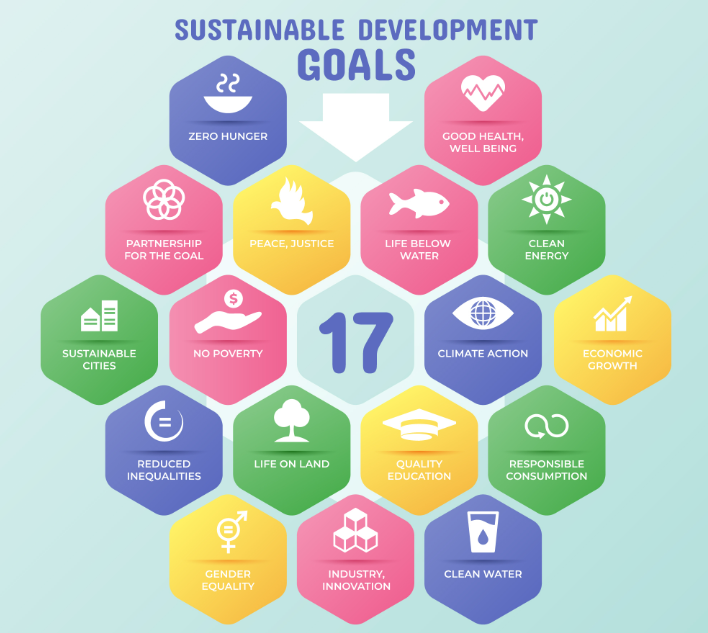India and Japan Convene Third 2+2 Foreign and Defence Ministerial Meeting (GS Paper 2, IR)

Context:
- India and Japan recently held their third 2+2 Foreign and Defence Ministerial Meeting in New Delhi, amid rising geopolitical tensions and China's increasing assertiveness in the Indo-Pacific region.
- The meeting was a platform for both countries to strengthen their strategic partnership and deepen cooperation across various sectors.
Key Highlights of the Meeting:
Commitment to a Free and Open Indo-Pacific:
- Both India and Japan reaffirmed their dedication to maintaining a free, open, and rules-based Indo-Pacific region.
- This commitment is particularly relevant in the face of China's growing military presence in the area.
- They expressed strong support for ASEAN's unity and centrality, aligning with the ASEAN Outlook on the Indo-Pacific (AOIP).
- This framework highlights ASEAN's crucial role in regional stability and upholding a rules-based order, in accordance with the principles of the United Nations Charter.
Strengthening Defence and Security Cooperation:
- Defence cooperation was underscored as a fundamental component of the India-Japan Special Strategic and Global Partnership.
- The 2022 National Security Strategy of Japan has further fortified this relationship.
- Key multilateral exercises, such as Veer Guardian (2023), Dharma Guardian (military), JIMEX (naval), and SHINYUU Maitri (air force), were noted for their progress.
- Advances in unmanned ground vehicles (UGVs) and robotics were also discussed.
- The meeting resolved to update the 2008 Joint Declaration on Security Cooperation to address contemporary security challenges and align with the evolving global security landscape.
Addressing Terrorism and Extremism:
- Both nations condemned terrorism and violent extremism, emphasizing the need for justice for the perpetrators of the 26/11 Mumbai attacks.
- They advocated for dismantling terrorist networks and cutting off financing sources, focusing on groups such as Al Qaeda, ISIS/Daesh, Lashkar-e-Tayyiba (LeT), and Jaish-e-Mohammad (JeM).
Technological Advancements:
- The meeting highlighted the transfer of Japan’s Unified Complex Radio Antenna (UNICORN) technology, which improves situational awareness by minimizing radar signatures and detecting missiles and drones.
- Discussions also included exploring Japanese naval ship maintenance opportunities in India and future defence technology cooperation.
Promotion of Women, Peace, and Security (WPS):
- Both India and Japan emphasized the importance of the Women, Peace, and Security agenda.
- This global framework, formalized by UN Security Council Resolution 1325 in 2000, advocates for increased participation of women in peacekeeping and conflict resolution processes.
Understanding 2+2 Meetings:
- Purpose: 2+2 meetings involve the foreign and defence ministers of participating countries, allowing for detailed discussions on strategic, security, and defence matters.
- Objective: The goal is to enhance bilateral relations, address mutual concerns, and strengthen strategic partnerships.
India’s 2+2 Partners:
- United States: India’s oldest 2+2 partner, with their first meeting in 2018, aimed at deepening strategic cooperation.
- Russia: The inaugural meeting with Russia took place in 2021, focusing on a multipolar world order.
- Other Partners: Australia, Japan, Brazil, and the UK have also engaged in 2+2 dialogues with India to bolster defence and security cooperation.
Significance of ASEAN:
- India: ASEAN is a key element of India's Act East policy, crucial for trade, regional connectivity, and maritime security.
- Japan: ASEAN represents a major trade partner and investment destination, with Japan leveraging its economic presence through development aid and trade agreements.
Evolution of India-Japan Relations:
- Early Interactions: Historical ties began with the introduction of Buddhism to Japan in the 6th century. Post-World War II relations were marked by symbolic gestures and economic cooperation.
- Strategic Partnership: The relationship was formalized into a Special Strategic and Global Partnership in 2014, with the “India-Japan Vision 2025” framework outlining areas of cooperation.
Key Areas of Cooperation:
- Defence and Security: Includes the Joint Declaration on Security Cooperation and the Acquisition and Cross-Servicing Agreement (ACSA).
- Economic Relations: Japan is a significant investor in India, with major projects like the Delhi Metro and the High-Speed Railway. Japan’s investment pledges and Official Development Assistance (ODA) underscore the depth of economic ties.
- Cultural Exchanges: Initiatives like the sister-city relationship between Ahmedabad and Kobe and the Year of Japan-India Friendly Exchanges highlight the cultural and people-to-people connections.
Conclusion:
- The third 2+2 Foreign and Defence Ministerial Meeting between India and Japan signifies a robust and evolving partnership grounded in shared strategic interests and values.
- The meeting addressed crucial aspects of regional security, technological collaboration, and mutual support for international frameworks such as the WPS agenda.
- By updating their strategic agreements and enhancing their defence cooperation, both nations aim to fortify their positions in the Indo-Pacific and contribute to regional stability.
- As India and Japan navigate an increasingly complex geopolitical landscape, their strengthened alliance will likely play a pivotal role in shaping the security and economic architecture of the region.


